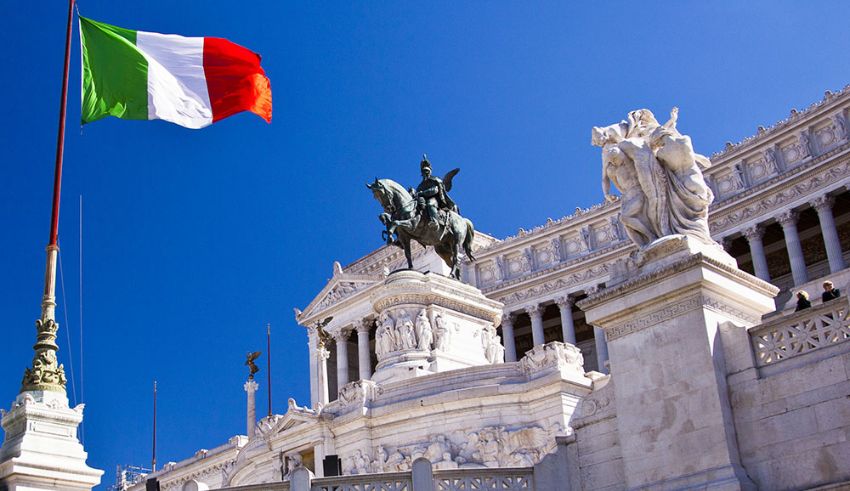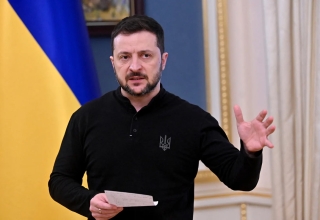
A Day of Remembrance and Reflection
Italy’s Liberation Day is a significant national holiday that commemorates the end of fascist rule and the country’s liberation during World War II. It is a day marked by remembrance, gratitude, and a collective commitment to democratic values.
The Censorship Controversy
This year, however, the solemnity of Liberation Day was overshadowed by a scandal involving the state broadcaster, Rai, and the abrupt cancellation of an antifascist monologue by renowned Italian author Antonio Scurati1. The monologue was intended to be aired on the Rai 3 talkshow “Chesarà” but was pulled for “editorial reasons,” sparking widespread criticism and accusations of censorship.
The Monologue That Stirred the Nation
Scurati’s speech referenced historical figures and events, including Giacomo Matteotti, a political opponent of Mussolini who was murdered by fascist hitmen, and criticized Italy’s “post-fascist” leaders for not fully repudiating their neo-fascist past. The cancellation provoked a fierce reaction from Rai journalists, fellow authors, and opposition leaders1.
Government’s Stance and Public Response
The incident has raised questions about the independence of Rai and the influence of the current government, led by Prime Minister Giorgia Meloni, whose party has neo-fascist origins. The public broadcaster’s decision to cancel the monologue has been met with public outrage and demands for an explanation2.
The Role of Media in Upholding Democracy
The scandal has ignited a debate on the role of media in a democratic society and the importance of protecting freedom of speech. It serves as a reminder that the media must remain independent and resist political pressures to ensure that diverse voices and perspectives are heard.
Looking Forward
As Italy grapples with this controversy, it is imperative that steps are taken to safeguard the autonomy of the press and uphold the principles of transparency and accountability. Only then can the true spirit of Liberation Day be honored and preserved.























